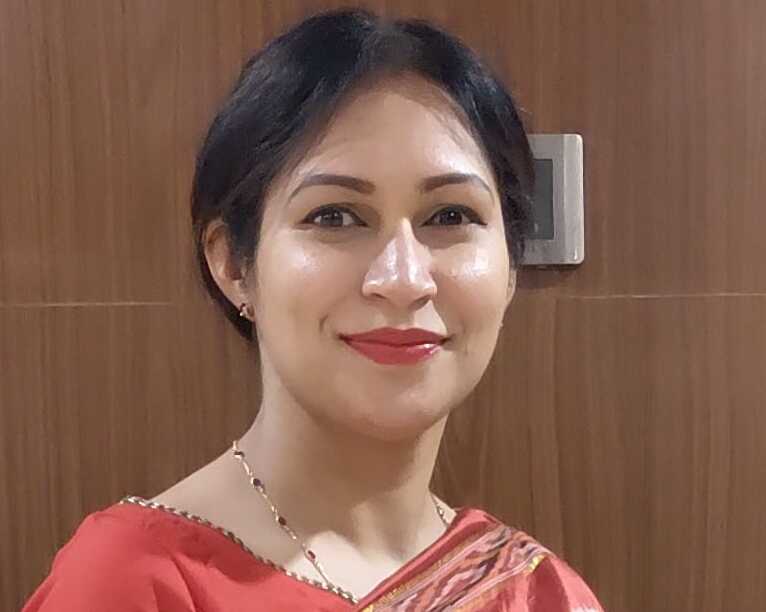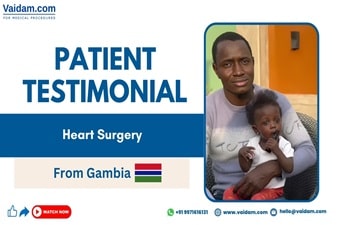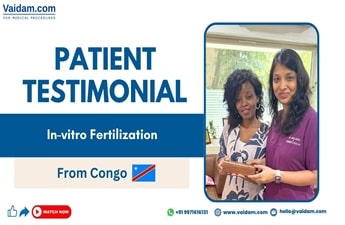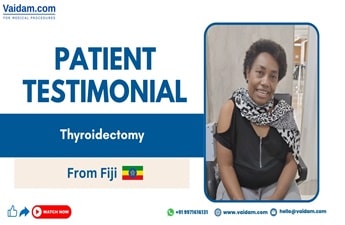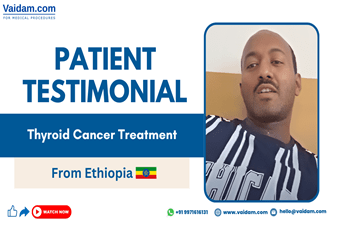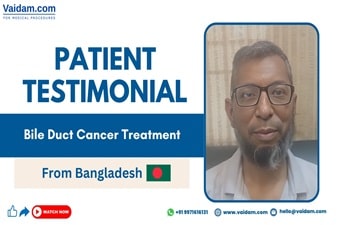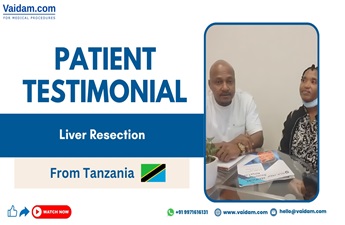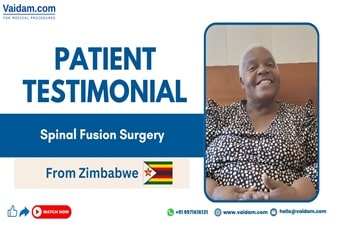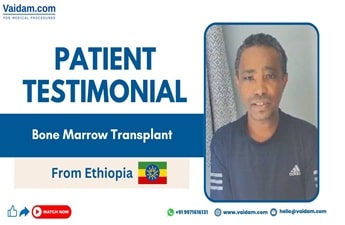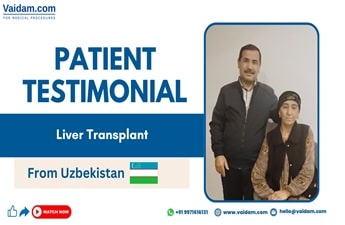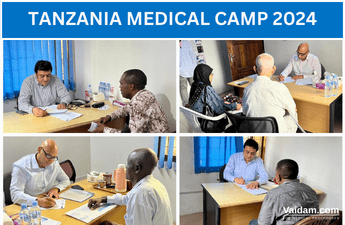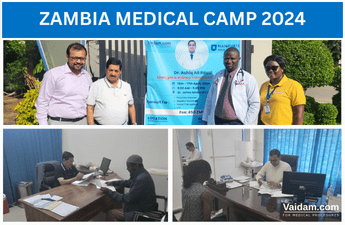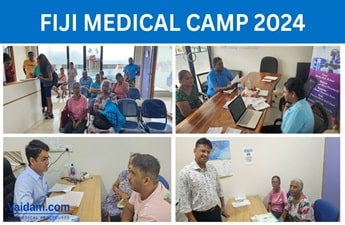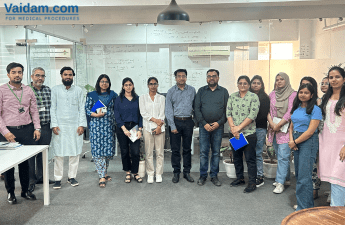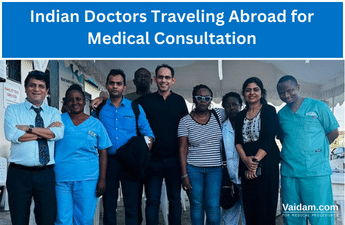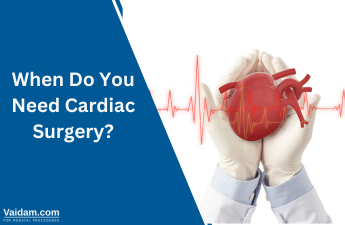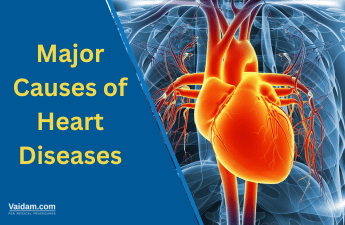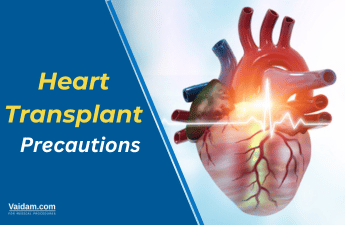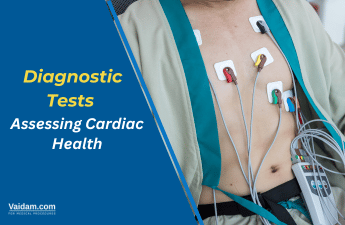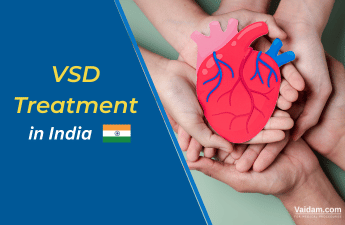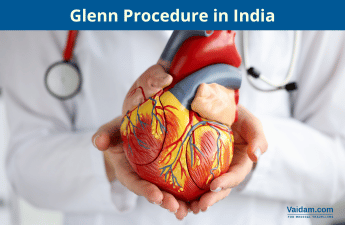India’s leading and well-known cardiothoracic surgeon Dr. Arijit Datta has worked for more than 21 years in the medical field. He is a consultant and the Best Cardiac Surgeon in Kolkata at AMRI Hospital, Kolkata (Mukundpur). He completed his MBBS from Burdwan Medical College in 1994 followed by his MS (General Surgery) from Calcutta University in 1997 and DNB (Cardiothoracic Surgery) from the National Board of Education, New Delhi in 2000. He also obtained a Diploma in Medical Radio-Diagnosis from Calcutta University in 2005.
He has published research in different renowned journals. He is keenly interested in research and development which is crucial for the medical fraternity and society.
India is one of the most preferred destinations for medical tourism. There are numerous best cardiac surgeons in India who are available round the clock and are dedicated to providing the best medical treatments. The major reason why everyone prefers India is the affordable costs. Patients can easily get treatment from the best heart surgery hospitals in India without any hassle. These hospitals are JCI and NABH accredited dealing with every type of heart issue.
Who Are Cardiothoracic Surgeons?
A cardiac surgeon is a kind of cardiothoracic surgeon who specialized in treating heart diseases, their valves and structures, and the important veins and arteries near the heart through surgical treatment. General cardiothoracic surgeons focus on all upper abdomen organs, including the lungs, oesophagus, and heart.
They are also popularly known as cardiovascular surgeons. Additionally, a congenital heart surgeon specialized in surgery for congenital heart defects, the defects which are present from birth. These surgeries include generally infants and children, but sometimes adults too.
Roles of Cardiothoracic Surgeon
They play a vital role in maintaining heart muscle health. They are specialized and trained for emergency situations and long-duration surgeries.
- Specialized in diagnoses of heart-related issues by utilizing diagnostic tools.
- Determining the method of surgical procedures.
- Conducting medical management.
- Reviewing patient history to determine treatment.
- Charting in compliance with the law and regulations.
- Identifying tests and the need for follow-up visits.
Coronary Artery Blockage

Coronary artery blockage leads to severe consequences. It occurs due to damage or blockage in the heart's most prominent vessel. Cholesterol and plaque which is a fatty acid deposit that is stored and built up in the arteries carrying blood to the heart can lead to blockages.
When the blockage gets severe, the constriction in the arteries would results in a heart attack.
Cardiologists may detect such blockages or damage to the coronary artery before a condition becomes fatal. Under such conditions, the patient must consult a Cardiothoracic surgeon and they treat blockage via surgery.
However, some patients discover coronary artery blockage after the incidence of a heart attack. It is recommended to consult a cardiologist or cardiothoracic surgeon if you encounter below listed symptoms:
- Irregular Chest pain, pressure, and tightness
- Irregular heartbeat
- High Blood Pressure
- High Cholesterol
- Palpitations
- Difficulty Breathing
- Dizziness
- Excessive Sweating
- Nausea and/or heartburn
*If a patient experiences a first heart attack, they may require surgery to repair coronary arteries to prevent another one from happening in the future.
Causes of Coronary Heart Disease
The risk for coronary artery diseases will increase if you ignore the below-mentioned points:
- Maintain your blood pressure level: if someone is experiencing high blood pressure levels they must consult a doctor and start their medications. Irregularities in blood pressure levels can develop severe diseases in our body including coronary heart disease.
- Maintain your cholesterol level
- Stop smoking: Smoking tobacco increases the risk and makes it severe for people who are already at risk.
- High levels of lipoproteins: These are vital for human health but when they exceed optimum concentrations, they may cause severe impacts on cardiac health.
- Diabetes: Individuals with high or low blood sugar levels must check their routine check-ups and consult cardiologists timely. They are at high risk for CHD.
- Obese: maintain your body weight, obesity leads to heart problems.
- Family History of CHD: the risk is peaked if you have a male relative under the age of 55, or a female relative under 65, with CHD.
Ways to Prevent CDH
- Consume Balanced Diet: Eat healthily, add vitamins, minerals, and vital micronutrients to your diet, and avoid fats and carbohydrates in large amounts.
- Be Active: Start physical exercise, add yoga to your routine along with meditation to keep your mind stress-free and lead a healthy lifestyle.
- Reduce Alcohol Consumption: limiting alcohol consumption will help you to reduce the risk of CDH
- Regular Health Checkups: Consult Cardiologists and check your heart health every few months.
Heart attack and stroke are the two most fatal diseases, and the incidence of these diseases is increasing across the globe. It is important to monitor your health timely and follow a prevention list to reduce the risk.
Dr. Ariit Datta is specialized in this area, he treats CDH through surgical methods. He is currently providing his services in India’s best Cardiology department of AMRI Hospital, Kolkata. He is among the leading cardiothoracic surgeon and had successfully treated thousands of patients in his 21 years vast career.

